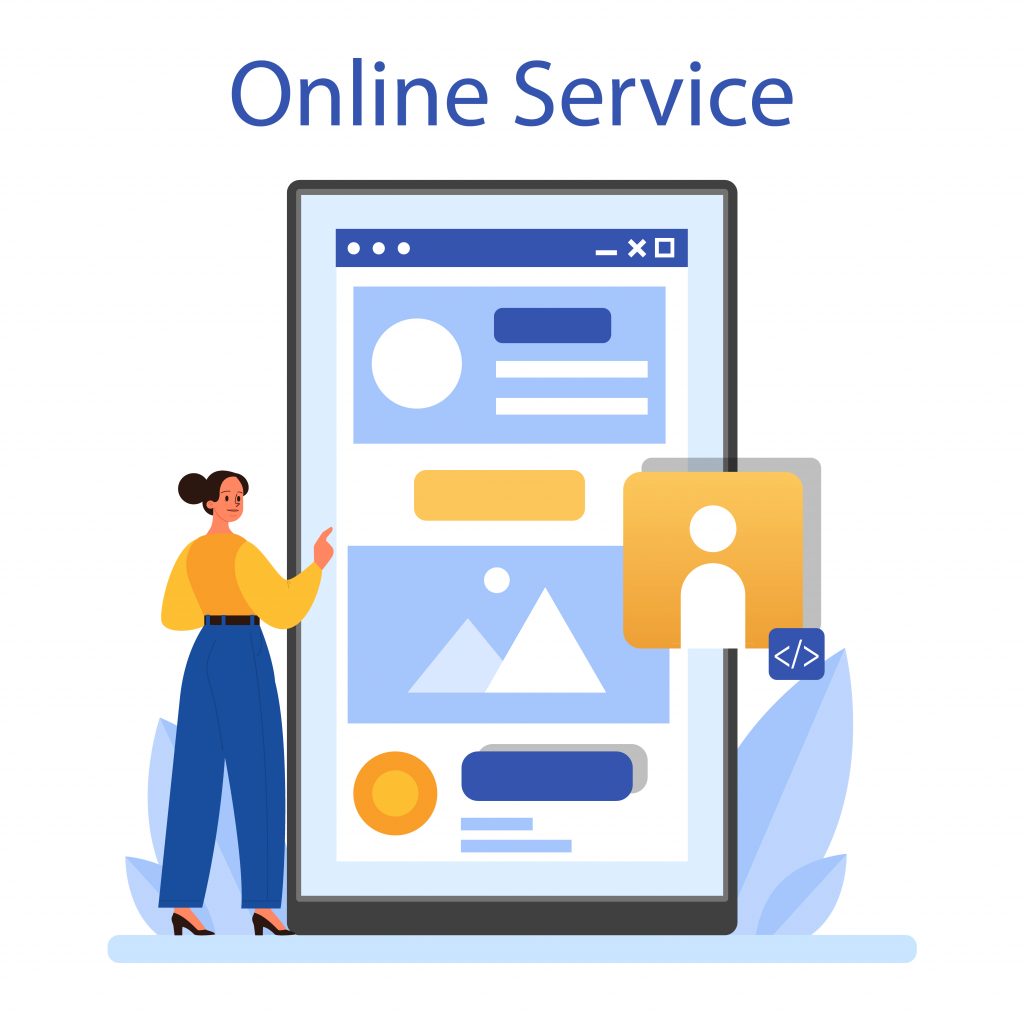How to Thrive as an App Developer in a Competitive Market


Introduction:
The app development industry is booming, with mobile apps playing a critical role in today’s digital landscape. Whether you’re a seasoned developer or just starting out, thriving in this competitive market requires more than just coding skills. This post will guide you through the key steps to succeed as an app developer, from understanding market needs to building sustainable and scalable applications.
Understanding the App Market:
Research and Identify Market Trends:
Identify Target Audiences:
Building a Successful App:
Plan Your App Concept:
Choose the Right Development Platform:
Focus on User Experience (UX) and User Interface (UI) Design:
Develop and Test:
Monetizing Your App:
Choose a Monetization Strategy:
Implement Secure Payment Gateways:
Marketing and Launching Your App:
Create a Marketing Plan:
Leverage App Store Optimization (ASO):
Launch and Promote Your App:
Maintaining and Scaling Your App:
Regular Updates and Feature Enhancements:
Engage with Your User Community:
Plan for Scalability:

Conclusion:
Success as an app developer goes beyond technical skills. It requires a deep understanding of the market, a focus on user experience, and strategic marketing and monetization efforts. By staying informed about industry trends, engaging with your user community, and continuously improving your app, you can thrive in the competitive world of app development. Explore more resources and connect with fellow developers on SupplySyncSolutions.com to enhance your app development journey.